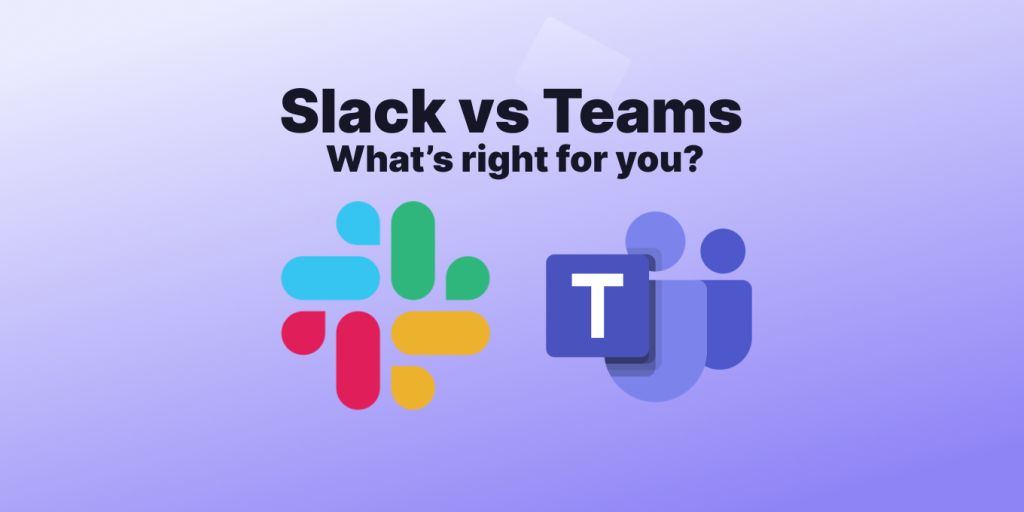
Slack Your Team's Communication Hub
Slack is a popular cloud-based communication platform designed to help teams collaborate and communicate more effectively. It’s a central hub for messaging, file sharing, and project management, making it a valuable tool for businesses of all sizes.
Key Features of Slack
- Channels: Organize conversations into channels based on topics, projects, or teams.
- Direct Messages: Send private messages to individual team members.
- File Sharing: Share files directly within Slack, including documents, images, and videos.
- Integrations: Connect Slack with other popular tools like Google Drive, Asana, and Trello to streamline workflows.
- Search Functionality: Easily search for messages, files, and channels using keywords.
- Notifications: Customize notifications to receive alerts for important messages and events.
- Threads: Create threads within channels to organize conversations around specific topics.
Benefits of Using Slack
- Improved Communication: Slack fosters effective communication by providing a centralized platform for team members to connect and collaborate.
- Increased Productivity: By streamlining communication and reducing email clutter, Slack can boost productivity.
- Enhanced Collaboration: Teams can work together more efficiently by sharing files, assigning tasks, and discussing projects within Slack.
- Better Organization: Slack’s channels and threads help teams stay organized and avoid losing track of important information.
- Integration with Other Tools: Slack’s integration capabilities allow teams to connect their favorite tools and streamline workflows.
Use Cases for Slack
Slack is suitable for a wide range of teams and businesses, including:
- Remote Teams: Slack makes it easy for remote teams to stay connected and collaborate effectively.
- Project Teams: Teams working on specific projects can use Slack to communicate, share files, and track progress.
- Customer Support Teams: Customer support teams can use Slack to communicate with customers and resolve issues efficiently.
- Marketing Teams: Marketing teams can use Slack to collaborate on campaigns, share creative assets, and track results.
- Small Businesses: Small businesses can use Slack to improve internal communication and streamline operations.
In conclusion, Slack is a versatile and powerful communication platform that can help teams improve their productivity, collaboration, and organization. Its user-friendly interface, integration capabilities, and robust features make it a popular choice for businesses of all sizes.
Would you like to know more about specific features of Slack, or how to get started with the platform?





